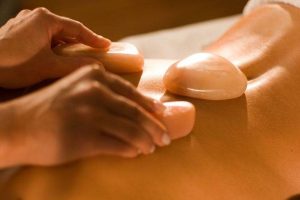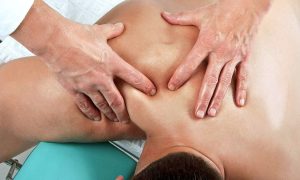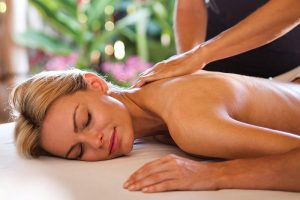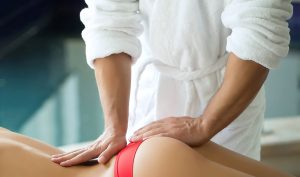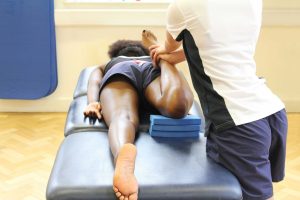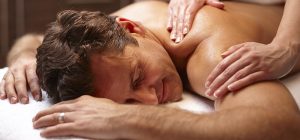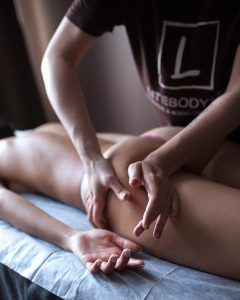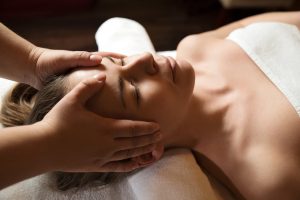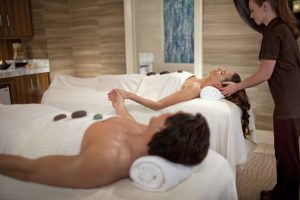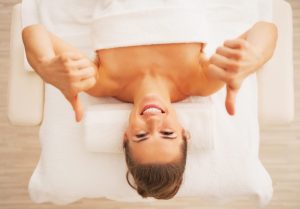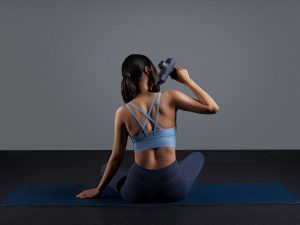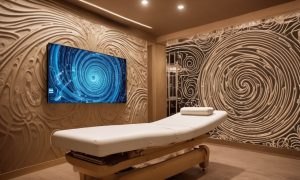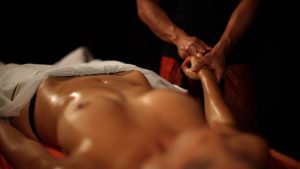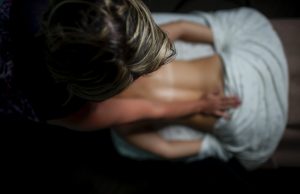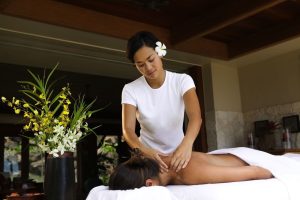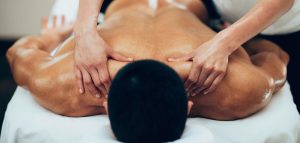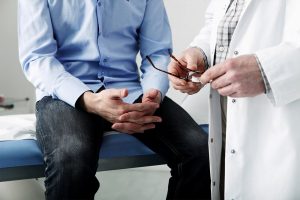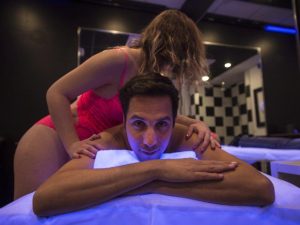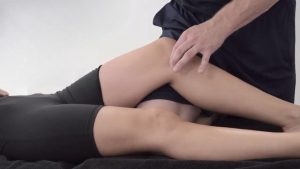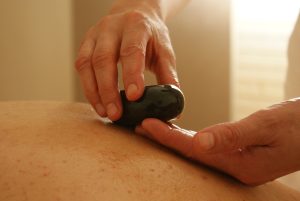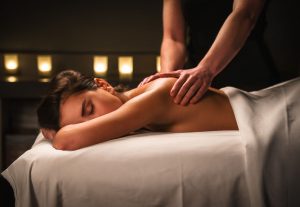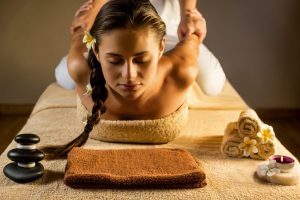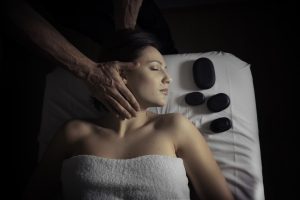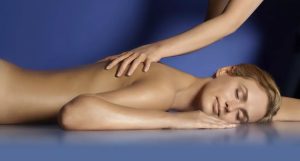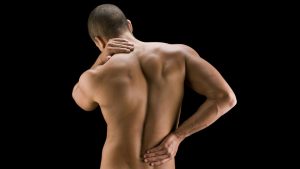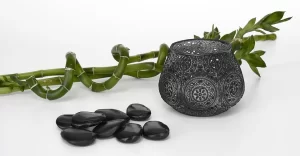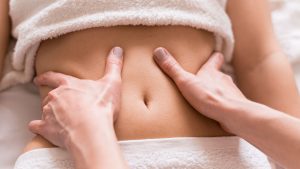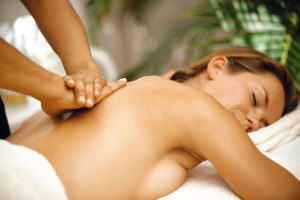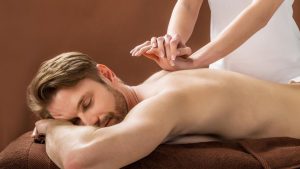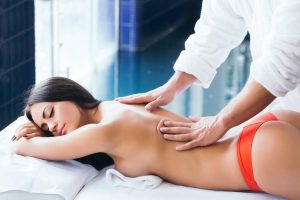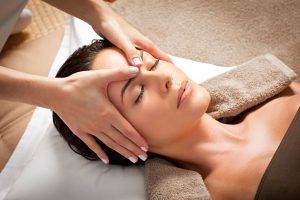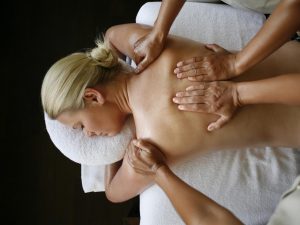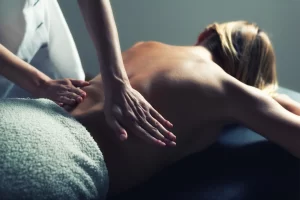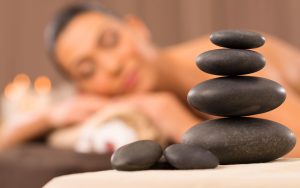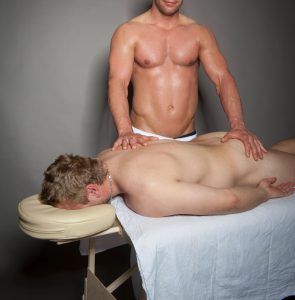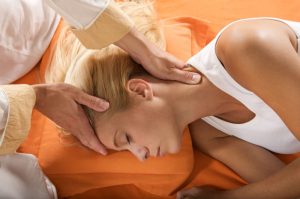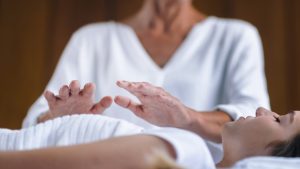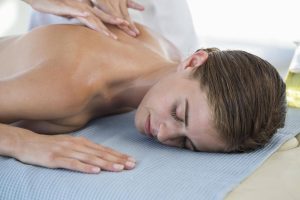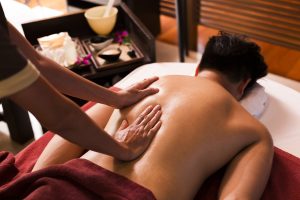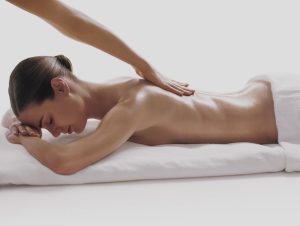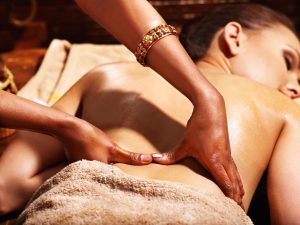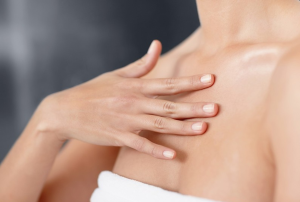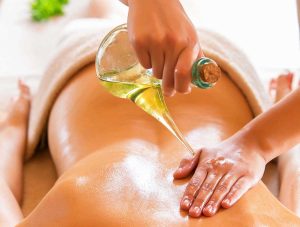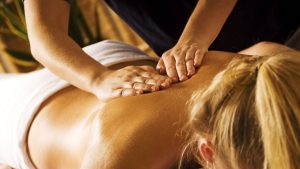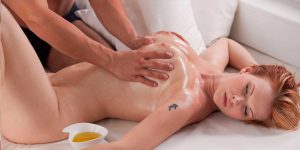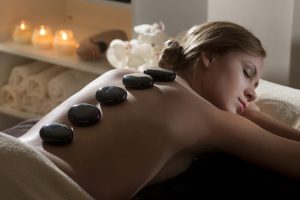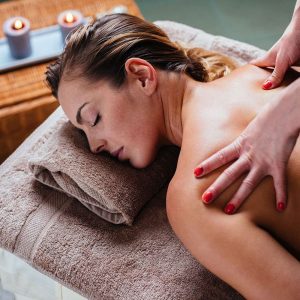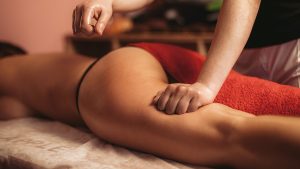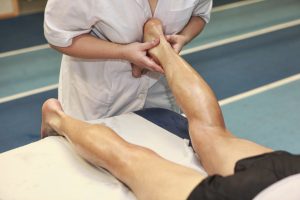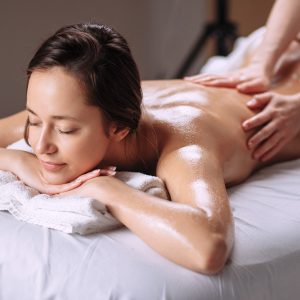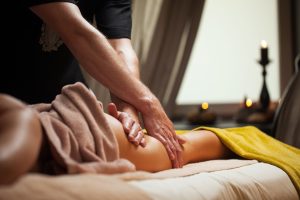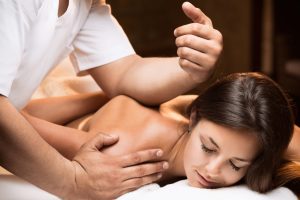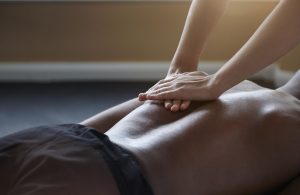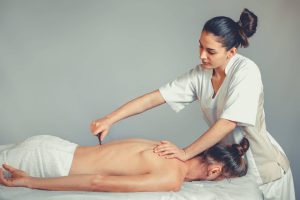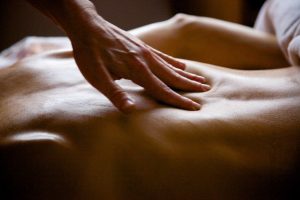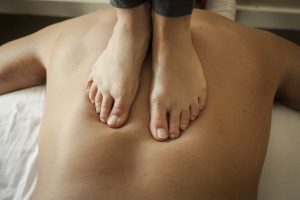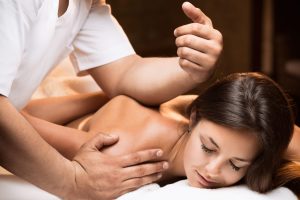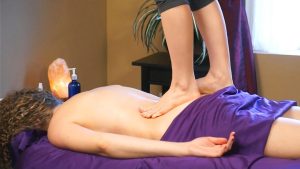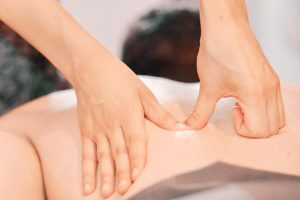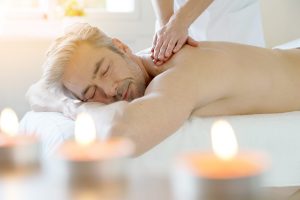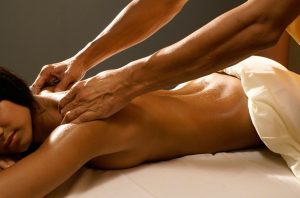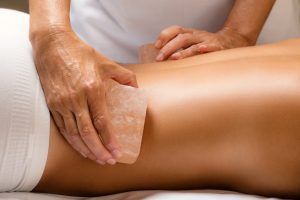Orthopedic massage (also known as orthopedic manual therapy) is a type of massage that specializes in diagnosing and treating injuries, pain, and dysfunctions in muscles, joints, and connective tissues. Its primary goal is to restore optimal tissue functioning and alleviate pain.
Pros and Advantages of Orthopedic Massage:
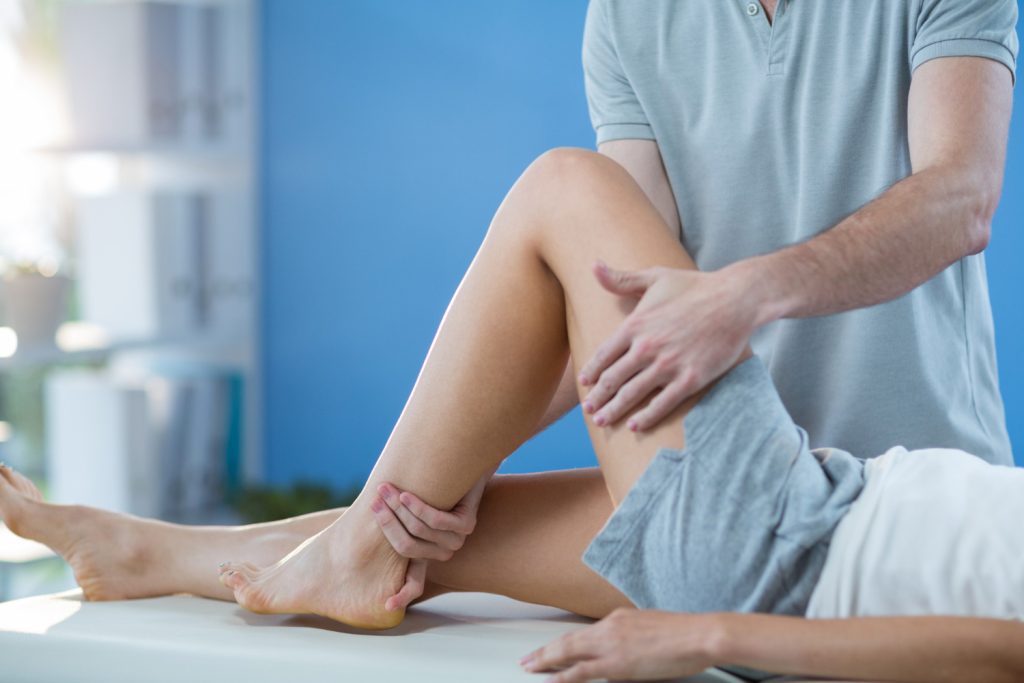

Orthopedic massage offers a range of benefits that make it popular and effective for treating various musculoskeletal issues. Here are some of them:
- Targeted Treatment: It focuses on diagnosing and treating specific issues such as muscle tensions, spasms, joint restrictions, or injuries.
- Pain Reduction: It can reduce the intensity of pain associated with various musculoskeletal problems by relaxing muscles, improving blood circulation, and relieving tension.
- Restoration of Mobility and Flexibility: By incorporating stretching and manual techniques, it helps improve joint mobility and muscle flexibility.
- Improvement of Psychological Well-being: It promotes relaxation and stress relief, positively impacting the client’s mental state and mood.
- Stimulation of Self-Healing: It activates self-healing processes in the tissues, aiding in faster recovery after injuries or surgeries.
- Individualized Approach: Each session is tailored to meet the client’s specific needs, making it more effective in addressing particular issues.
- Enhancement of Quality of Life: Clients often experience improved overall health, reduced pain and discomfort, and increased activity and mobility after a session.
Cons and Limitations of Orthopedic Massage:
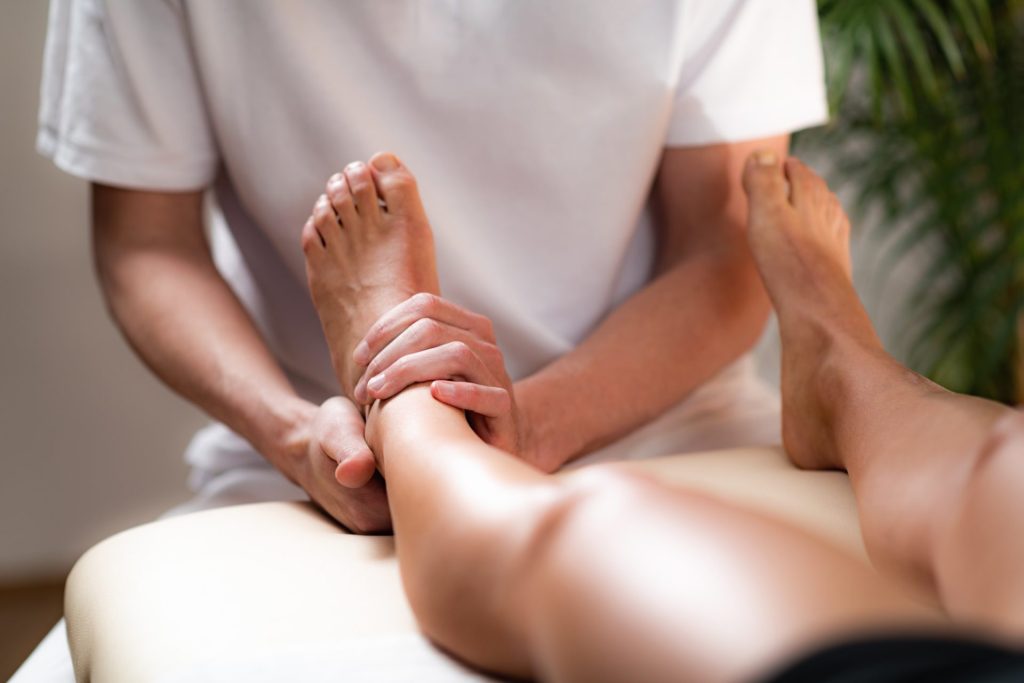

Despite its numerous advantages, orthopedic massage also has some downsides and limitations to consider:
- Intensity and Discomfort: It can be intense and even uncomfortable, especially if the client has severe muscle spasms or restricted movement. Certain procedures, such as trigger point work, may cause some discomfort.
- Time Constraints: A massage session may take a significant amount of time, especially when addressing multiple problematic areas.
- Potential Side Effects: In rare cases, clients may experience temporary fatigue or increased muscle and joint sensitivity. However, these effects are typically reversible.
- Difficulty in Finding Specialists: Providing quality orthopedic massage requires an experienced and well-trained massage therapist. Finding a professional specialist may be challenging.
When is Orthopedic Massage Prescribed?
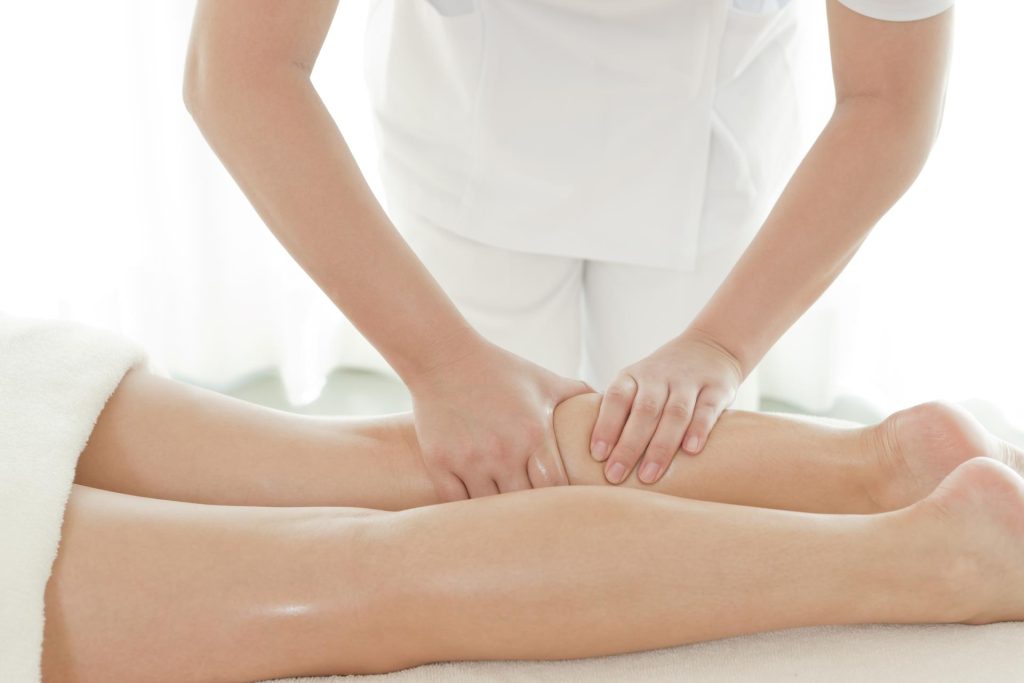

Orthopedic massage may be prescribed in various situations where there is a need for treatment or improvement of muscle and joint conditions. Some typical cases include:
- Treatment of Injuries and Sports-related Issues: It can accelerate the healing process after injuries, sports-related damages, muscle strains, and tendinitis.
- Treatment of Muscle Spasms and Tensions: It helps relax tense muscles and reduce spasms, which eases pain and improves mobility.
- Post-Surgical Rehabilitation: It aids in regaining mobility and improving tissue function after surgery.
- Posture Improvement.
- Computer Neck and Back Syndrome: People who spend extended periods at a computer often experience neck and back tension. This massage helps alleviate the tension and discomfort.
The specific application of the massage practice depends on the individual’s health condition and specific needs. Before starting therapy, it is recommended to consult with a healthcare professional or a qualified massage therapist to determine if this practice is suitable for your situation and health condition.
Questions and Answers:
What is orthopedic massage?
Orthopedic massage is a type of massage therapy that focuses on treating musculoskeletal issues and injuries. It involves the manipulation of soft tissues, muscles, tendons, and ligaments to reduce pain and improve range of motion.
What is the goal of orthopedic massage therapy?
The goal of orthopedic massage therapy is to identify and treat dysfunctions in the musculoskeletal system. By targeting specific areas, it aims to reduce pain, increase mobility, and facilitate rehabilitation.
How does orthopedic massage differ from regular massage therapy?
Orthopedic massage therapy is a specialized form of massage that focuses on treating musculoskeletal conditions. It uses specific techniques and approaches to address the underlying causes of pain, rather than providing general relaxation like regular massage therapy.
Can orthopedic massage help with sports injuries?
Yes, orthopedic massage can be beneficial for sports injuries. It helps to alleviate pain, reduce swelling, and promote healing. Targeting the affected soft tissues and applying appropriate massage techniques, can aid in the recovery process.
What are some common orthopedic massage techniques?
Some common orthopedic massage techniques include myofascial release, deep tissue massage, mobilization, and Swedish massage. These techniques are used to address specific issues and promote the healing of soft tissue injuries.
Is orthopedic massage only used for rehabilitation purposes?
No, orthopedic massage is not only used for rehabilitation purposes. It can also be used as a preventive measure to maintain musculoskeletal health and address dysfunctions before they become more severe.
How can orthopedic massage help with chronic pain?
Orthopedic massage can help with chronic pain by targeting the muscles around the affected area. By improving circulation, reducing inflammation, and releasing tension, it can provide relief and improve overall function.
What are the benefits of orthopedic massage?
The benefits of orthopedic massage include reduced pain, increased range of motion, improved muscle function, enhanced circulation, and accelerated healing. It can also help with postural alignment and stress reduction.
Who is Not Suitable for Orthopedic Massage?
This massage may be contraindicated or require special caution for individuals with cardiovascular diseases, hypersensitivity to massage, open wounds, skin issues, or during pregnancy.
How Long Does an Orthopedic Massage Session Last?
The duration of a session may vary depending on the specific goals and the body area that needs treatment. For instance, treating a specific problem area, such as the neck or back, may require a shorter session to concentrate on particular issues. However, a full-body massage or a comprehensive approach to treating various problematic areas may require a longer duration.
What is the Technique of Orthopedic Massage?
The technique includes such main elements as the assessment of the condition, techniques from rehabilitation therapy, targeted pressure, deep tissue massage, and joint mobilization. To improve joint mobility, the massage therapist may use special techniques for stretching the joints. Additionally, this therapeutic procedure involves recommendations for exercises that help maintain and improve the effects of the massage and strengthen muscles.













![11 Best Alternatives to Bedpage: Your Ultimate Guide [March 2024]](https://massage.dating/wp-content/uploads/2024/03/Best-Alternatives-to-Bedpage-300x200.jpg)







